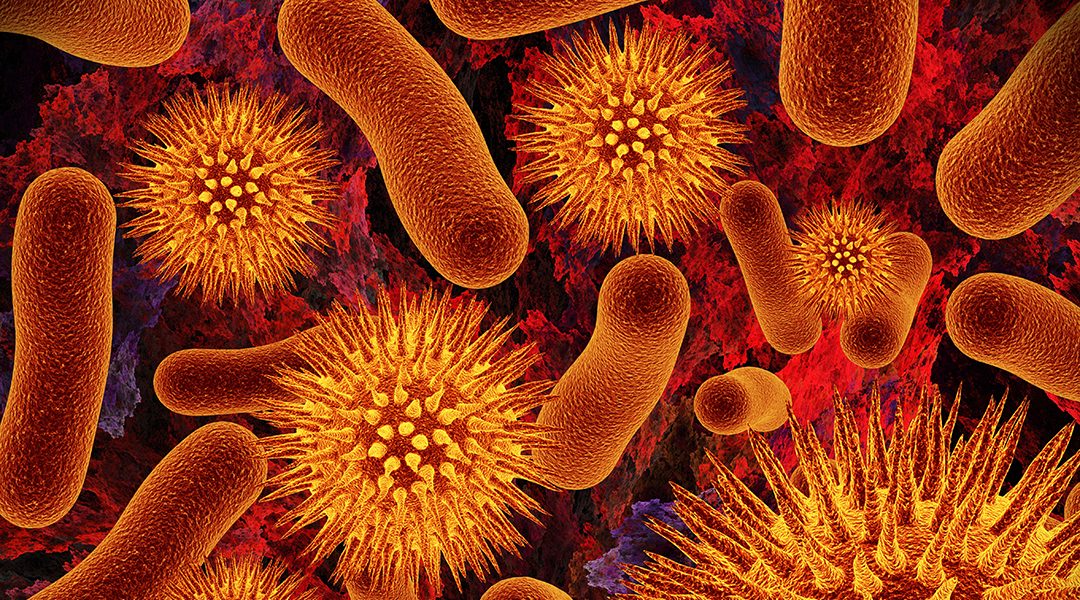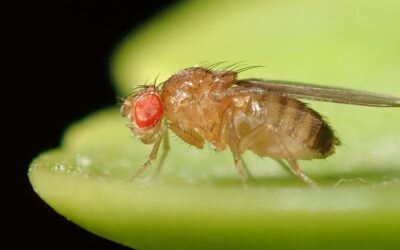Many are familiar with the microbiome in terms of human health. However, microbes are ubiquitous and critical to all forms of life on the planet. Guest editors, Laura Wegener Parfrey, Corrie S. Moreau, and Jacob A. Russell have compiled a masterwork of 30 contributions examining the relationship between a community of microbes and its host, whether the host is animal, plant, algae, or protist, informed by principles in ecology and evolutionary biology, presented as Issue 8 in Molecular Ecology.
In their Introduction to the Special Issue, the guest editors point out that while much attention has been given to the impact of the microbiome, or even just a few members of the microbiome, on the health of the host, the field has progressed. For example, we are now able to address the relationship bidirectionally, or multi-directionally as the interactions among members of the microbiome are also considered. Additional perspectives parse analyses of the “core microbiome,” largely standardized within a species, versus the “transient microbiome” of opportunistic microbes acquired from the environment.
The included publications employ all the latest tools in the molecular biology toolkit to understand the nature of the host–microbiome relationship, the mechanisms that drive it and how environmental and heritable conditions influence and maintain it. The Special issue is organized into four sections: 1) mechanisms behind influential symbioses, 2) structure of the microbiome, 3) the evolution of symbioses and their role in host adaptation, and 4) the stability of symbiosis in a changing world. Wrapping up the issue is a unique review paper providing a new conceptual framework for thinking about symbiosis by tapping into principles in ecological theory.
The net result is a master class of hypothesis-driven and hypothesis-generating analyses representing the state-of-the-art in our understanding of the complex host–microbiome relationship.

















